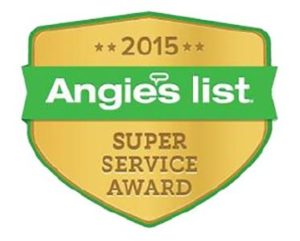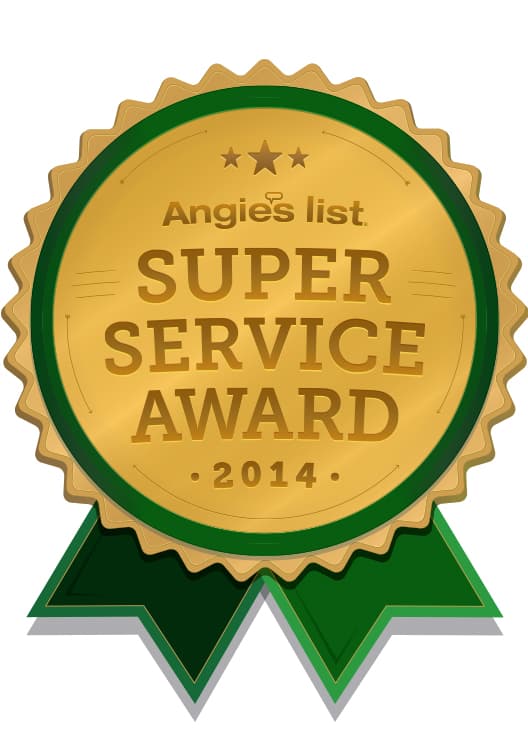Should I Repair or Replace My Broken Stove or Oven?
Stoves and ovens are a little tricky, because they are a little dangerous to use under the best of circumstances, so when in doubt call in expert help. You can check out our DIY guide on gas stoves here, and our DIY guide on electric stoves here, but if you are at all uncomfortable performing your own repairs, skip those and call the helpful, knowledgeable folks at Dave’s Appliance now.
If your oven or stove isn’t working the way it used to, if it’s taking a long time to heat up, or (in the case of gas) not igniting properly, or heating unevenly, or not performing well in any other way, you have to decide whether to repair or replace.
As a general rule, we are inclined to repair when we can. You can expect most stoves or ovens to give good service for at least 15 years. As with any other kind of appliance, some are better quality than others, made with better parts and generally more durable. Some have parts that are harder to replace, or are otherwise not as well supplied with replacement parts by manufacturers. Some are simply made to be more disposable than others. People who have more money to spend, more room, and who are more serious about their cooking are more likely to shell out for better quality stoves and ovens, and some are serious enough to want commercial quality cooking gear, which will last significantly longer than most home appliances.
The 50% Rule
In general terms, though, as with other appliances, the 50% Rule applies: if your appliance is over 50% of its expected lifespan of 15 years, and it costs more than 50% of its replacement cost to repair it, it may be time to think about replacement. Obviously, that calculation also changes if you are remodelling and want something that’s a better fit either in style or dimension, or if (in the case of an electric oven, particularly) you want something more efficient than what you’ve been using.
Cooking with Gas . . . Maybe Now’s the Time To Buy
It seems likely that under new fossil fuel policies, natural gas prices may rise considerably, though obviously the quantities used in cooking are much less than in home heating. Some people simply prefer to cook with gas, though, and this is a good time to consider whether it might be best to purchase a new gas stove now, before any governmental agencies decide to make it harder or impossible to get them. Chances are such devices will have to be grandfathered in for a couple of decades, anyway.
Warranty Issues
Although consumer surveys indicate that on average people are happier with repairs performed by local repair services over factory repairs, you’ll want to call on your warranty if it’s still in force. If it’s not, the experienced repairmen at Dave’s Appliance can help. A telephone consultation is free.
Installation Fees
Don’t forget that installation costs can be significant for major appliances. Those are included in any quotes that Dave’s Appliance give you, so you’re not going to be unpleasantly surprised: No Hidden Costs, Ever.
What To Keep In Mind When Purchasing a New Oven or Stove
1) Don’t buy anything with bells and whistles that you’re unlikely to use. Those are things that are also likely to break.
2) When purchasing for the elderly, try not to buy anything with advanced electronics they might find hard to use.
3) If you’re going with gas, make sure your home is set up for it. Otherwise, you may shell out significant money getting that set up.
4) Go with a quality brand with a good warranty, and buy an extended warranty if the peace of mind seems worth the cost to you, but do some research to make sure the insurer isn’t fly-by-night.
5) Make sure the dimensions are right for your space. Measure and check, and check and measure again, making sure to leave enough room for hookups.
If your stove or oven can be safely and cost-effectively repaired, Dave’s Appliance will get it done for you. And if not, they’ll let you know and help you find something new. Give them a call.








